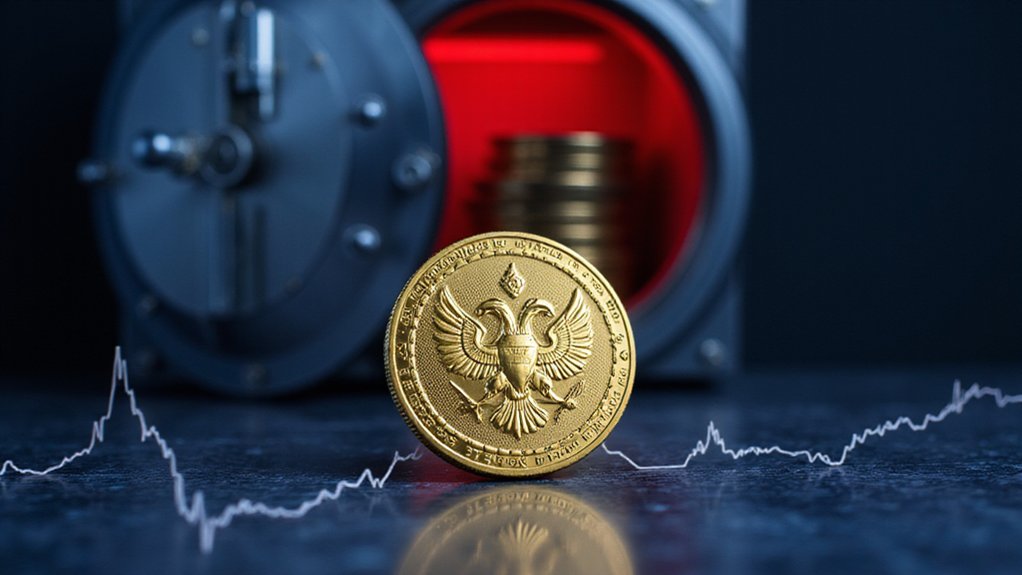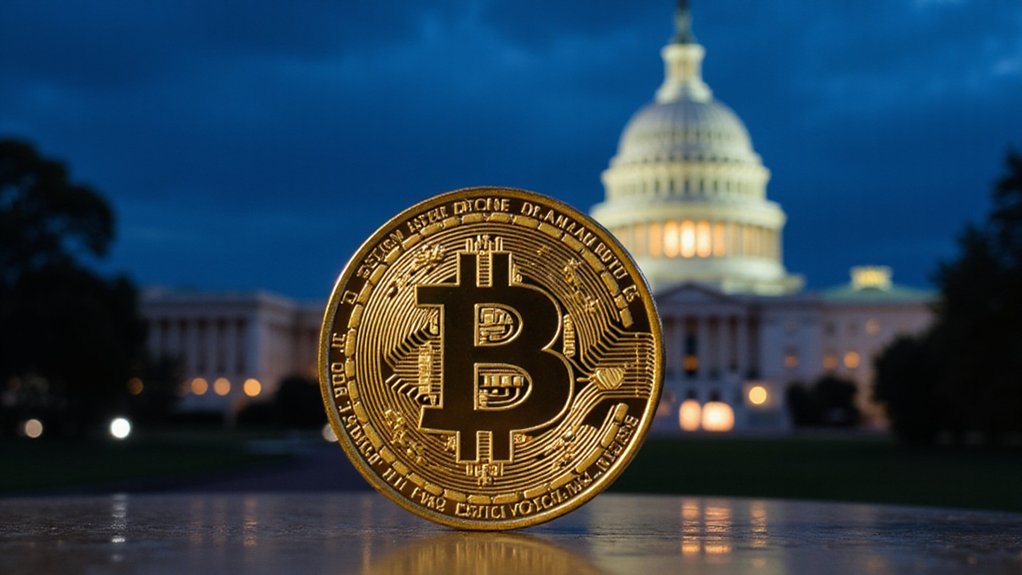Russia has revealed plans for an ambitious cryptocurrency experiment that could reshape its financial landscape amid ongoing Western sanctions. The initiative, developed through collaboration between the Ministry of Finance and the Central Bank, establishes a three-year experimental legal regime focusing on financial stability and security while creating opportunities for high-net-worth investors.
The program introduces a new "super-qualified" investor category with strict eligibility requirements. Participants must possess at least 24 million rubles (approximately $250,000) and demonstrate substantial financial expertise. This targeted approach aims to limit cryptocurrency access to professional market participants and institutional investors who can better navigate the inherent volatility and risks.
Russia's elite-focused crypto program restricts participation to those with significant wealth and financial acumen, creating a professional investor ecosystem.
"This experimental framework creates a controlled environment for digital currency transactions while maintaining alignment with Russia's broader financial policies," according to regulatory documents detailing the initiative. Implementation could begin as early as 2025, establishing a regulated cryptocurrency trading platform that emphasizes risk mitigation measures.
The economic implications extend beyond investment opportunities. Russia views cryptocurrency as a potential tool to reduce dependence on the US dollar and euro while creating alternative payment methods for international trade. This experiment is part of Russia's strategy to establish Bitcoin as reserve currency to enhance financial security amid global economic shifts. This approach may improve Russia's financial sovereignty amid continuing Western sanctions.
Technical aspects include integration with existing financial systems, robust security measures for cryptocurrency transactions, and compliance with international crypto standards. The development of supporting infrastructure represents a significant technological undertaking that must address cybersecurity concerns and potential hacking risks. The platform will implement KYC verification requirements to prevent fraud and money laundering while maintaining regulatory compliance.
Russia's crypto experiment aligns with global central bank digital currency trends while responding specifically to economic pressure from sanctions. Currently, Russian citizens can buy and store cryptocurrencies legally but are prohibited from using them for payments, with most trading occurring on foreign platforms rather than domestic exchanges.
The initiative balances innovation with strict oversight, potentially positioning Russia competitively in the digital asset space. Officials emphasize that the primary goal remains economic stability and security rather than broad cryptocurrency adoption. This measured approach reflects Russia's cautious stance toward emerging financial technologies while exploring their potential benefits.





